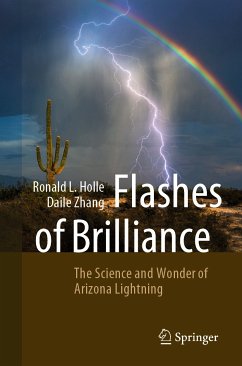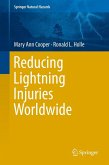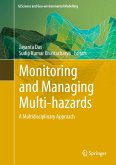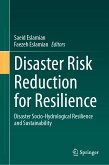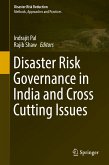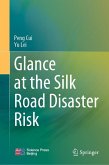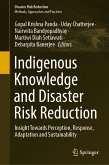This book is a comprehensive resource on lightning and describes the unique roles which the state of Arizona has with regard to lightning. Not only is it spectacular, it is also admired, feared, and misunderstood, but its knowledge has come of age in the last two decades.
This book describes why Arizona can be called the "Lightning Photography Capital of the U.S.", how the general public and Native Americans in Arizona have viewed lightning, and when and where lightning occurs and impacts people and resources in Arizona. It contains summaries of interviews with current and former University of Arizona staff who invented real-time lightning detection in the late 1970s and how subsequent lightning research in Arizona has been globally significant. The authors are very well acquainted with and up to date on these topics. The style of this book is active and somewhat scholarly but readable by the nonprofessional with a general interest in lightning.
What is lightning? How does lightning affect Arizona? Why do photographers come to Arizona for lightning photographs? What is unique about Arizona lightning? How is lightning detected in Arizona and around the world? This book tells you answers to these questions.
This book is intended for a broad audience comprised of visitors, interested lay public, a variety of scientific disciplines, media, medicine, lightning safety, and fire weather. It is suitable for readers desiring a general overview of lightning, especially in Arizona, but also for those who want to know specifically about the topic.
Dieser Download kann aus rechtlichen Gründen nur mit Rechnungsadresse in A, B, BG, CY, CZ, D, DK, EW, E, FIN, F, GR, HR, H, IRL, I, LT, L, LR, M, NL, PL, P, R, S, SLO, SK ausgeliefert werden.
Hinweis: Dieser Artikel kann nur an eine deutsche Lieferadresse ausgeliefert werden.

